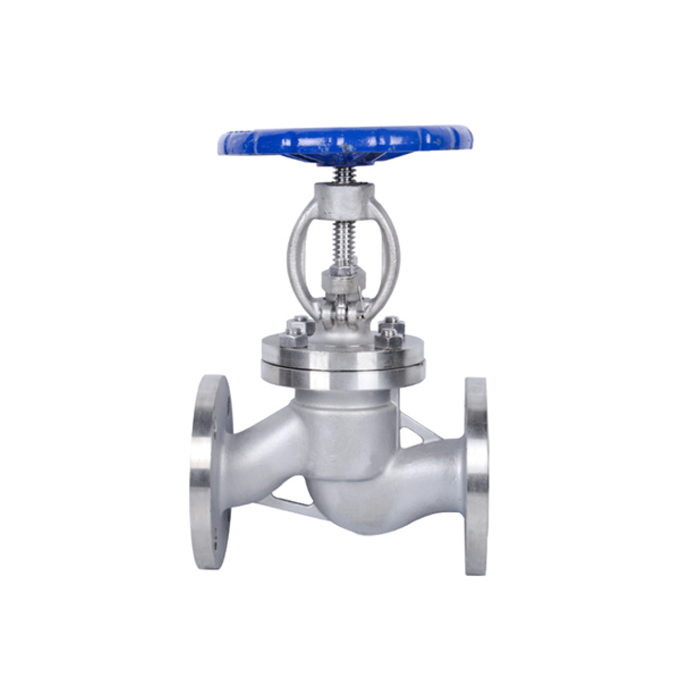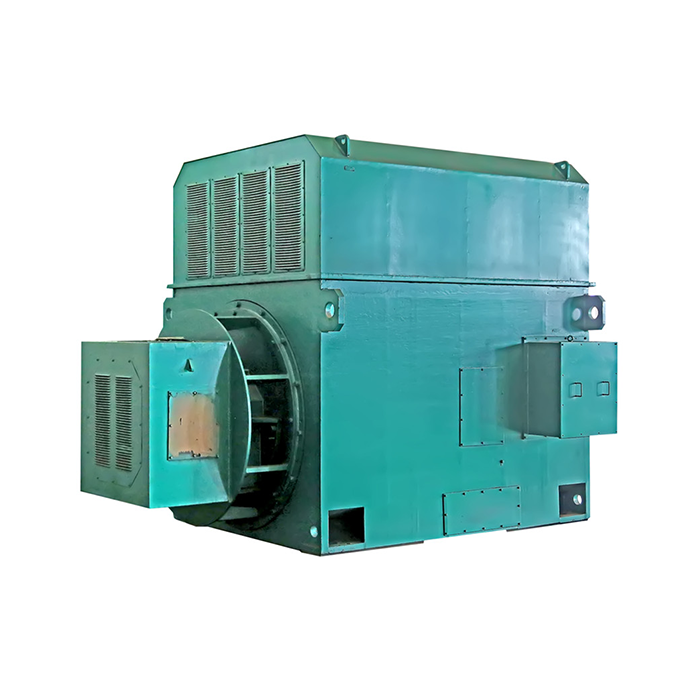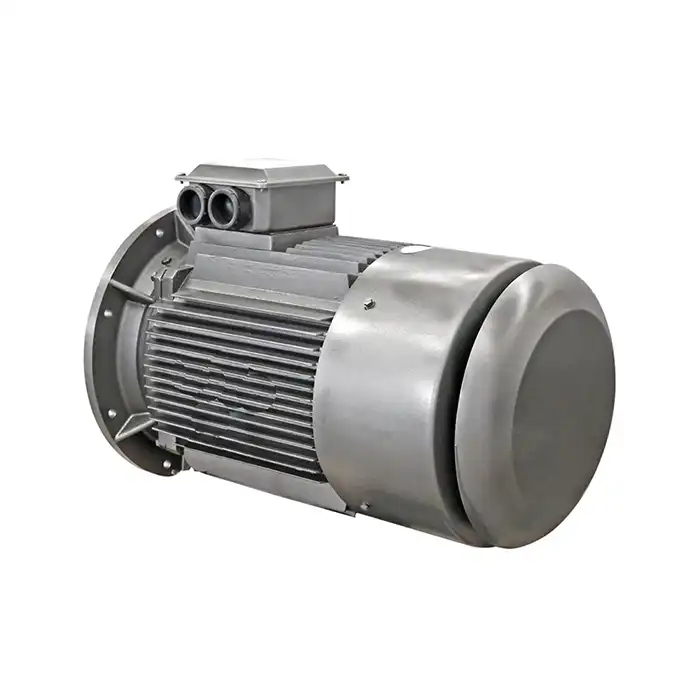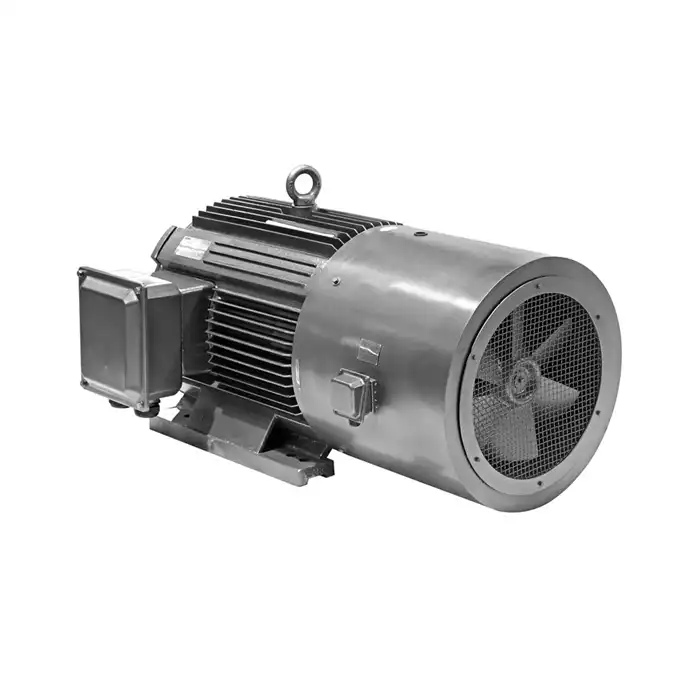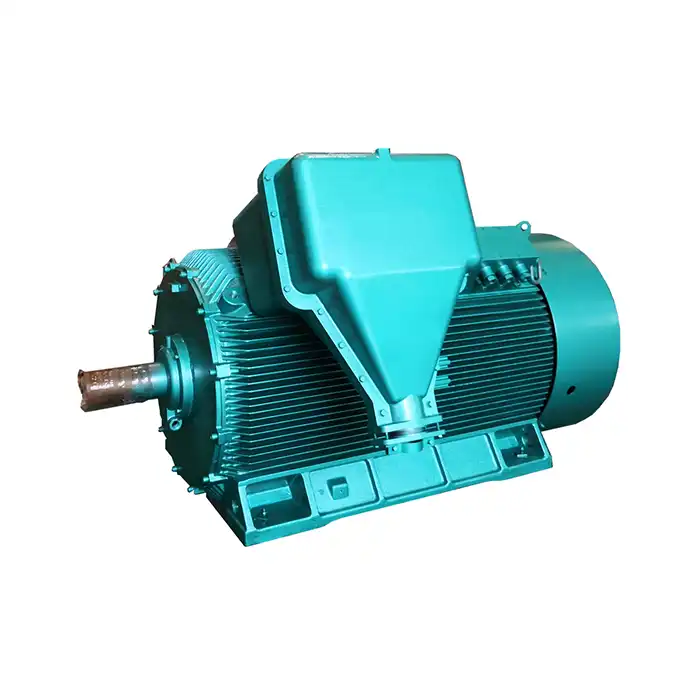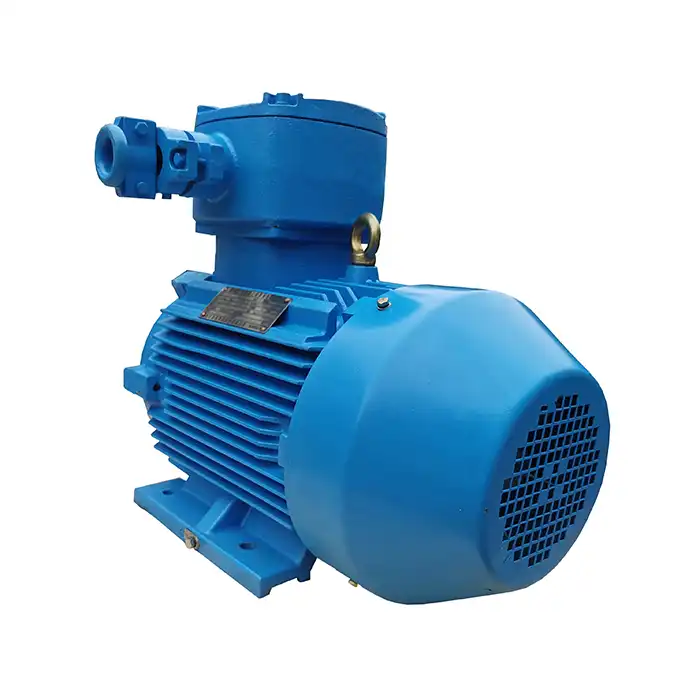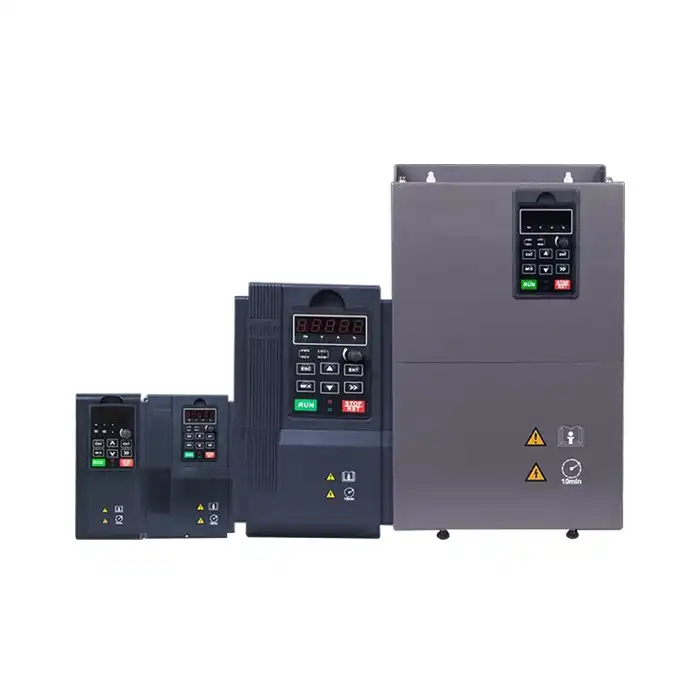High-Torque 200 HP AC Electric Motor for Machine Tools
In the realm of industrial machinery, the demand for robust and efficient power solutions continues to grow. Among these, the 200 hp ac electric motor stands out as a formidable powerhouse, particularly in the context of machine tools. This article delves into the intricacies of high-torque motors and their crucial role in powering heavy-duty machine tools, exploring the reasons behind their necessity, the importance of precision speed control, and the durability requirements for sustained high-torque operations.
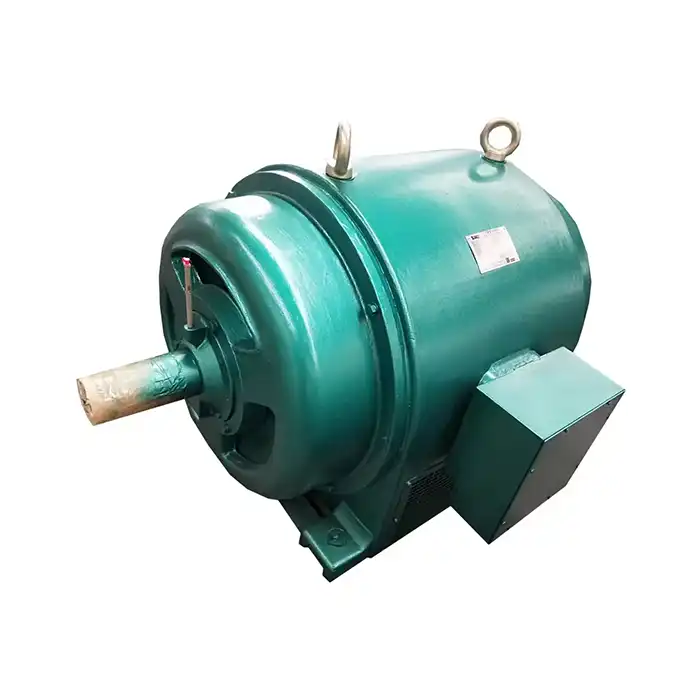
Why Machine Tools Require High-Torque 200 HP Motors
Machine tools, the backbone of manufacturing industries, necessitate motors capable of delivering substantial power and torque. The 200 hp ac electric motor emerges as an optimal choice for several reasons:
1. Immense Power Output: With 200 horsepower at their disposal, these motors can handle the most demanding machining operations. This power is essential for tasks such as heavy milling, turning large workpieces, or driving multiple machine tool components simultaneously.
2. High Torque Capacity: Machine tools often encounter varying loads during operation. A high-torque motor can maintain consistent performance even when faced with sudden increases in resistance, ensuring uninterrupted machining processes.
3. Efficiency at Low Speeds: Many machining operations require high torque at low speeds. The 200 hp ac electric motor excels in this aspect, providing the necessary force without sacrificing efficiency.
4. Thermal Management: These motors are designed with advanced cooling systems, allowing them to operate continuously without overheating. This is crucial for machine tools that may run for extended periods.
5. Versatility: The broad power range of these motors (typically 45kW to 800kW) makes them suitable for various machine tool applications, from medium-sized lathes to large machining centers.
Precision Speed Control in Heavy Machining Applications
While power and torque are critical, the ability to control speed precisely is equally important in machine tool applications. The 200 hp ac electric motor offers several advantages in this regard:
1. Variable Frequency Drives (VFDs): Modern AC motors are often paired with VFDs, allowing for accurate speed control across a wide range. This is particularly beneficial in machining operations where different cutting speeds are required for various materials or operations.
2. Rapid Response: High-quality AC motors can quickly adjust their speed in response to load changes. This rapid response is crucial in maintaining precise cutting speeds and feed rates, even when the tool encounters variations in material hardness or density.
3. Smooth Acceleration and Deceleration: In machine tool applications, smooth starts and stops are essential to prevent tool wear and maintain workpiece quality. The 200 hp ac electric motor, when properly controlled, can provide gentle acceleration and deceleration curves.
4. Position Control: Many modern machine tools require not just speed control but also precise positioning. AC motors, when integrated with encoders and advanced control systems, can achieve high-accuracy position control for applications such as CNC machining.
5. Energy Efficiency: Precise speed control allows the motor to operate at the optimal speed for each machining operation, potentially reducing energy consumption compared to fixed-speed alternatives.
Durable Bearing Systems for Continuous High-Torque Demands
The longevity and reliability of a 200 hp ac electric motor in machine tool applications heavily depend on its bearing system. High-torque operations place significant stress on bearings, necessitating robust designs:
1. High-Quality Bearings: Premium bearings from reputable manufacturers are essential. Many motors in this class use SKF, NSK, or FAG bearings, known for their durability and precision.
2. Proper Sizing: Bearings must be correctly sized to handle both the radial and axial loads encountered in machine tool applications. Oversized bearings may be used in critical applications to extend service life.
3. Advanced Lubrication Systems: Continuous high-torque operation generates heat, which can degrade lubricants. Modern motors often incorporate advanced lubrication systems, including oil mist lubrication or grease with extended service life.
4. Sealing Solutions: Effective seals prevent contaminants from entering the bearing system while retaining lubricant. This is particularly important in machine shop environments where metal chips and coolant may be present.
5. Condition Monitoring: Many high-end motors incorporate bearing monitoring systems, such as vibration sensors or temperature probes, to detect potential issues before they lead to failure.
6. Material Selection: Bearing components may be made from specialized materials, such as high-grade steels or ceramic rolling elements, to withstand the demanding conditions of high-torque applications.
7. Thermal Management: Proper heat dissipation around the bearings is crucial. This may involve cooling fins, forced air cooling, or even liquid cooling systems in extreme cases.
The 200 hp ac electric motor represents a critical component in the machine tool industry. Its ability to deliver high torque, precise speed control, and durability makes it an ideal choice for a wide range of machining applications. From heavy milling operations to intricate CNC work, these motors provide the power and control necessary to meet the demanding requirements of modern manufacturing processes.
As manufacturing techniques continue to advance, the role of high-power electric motors in machine tools will only grow in importance. Innovations in motor design, control systems, and bearing technology will further enhance the capabilities of these already impressive machines, pushing the boundaries of what's possible in precision machining and manufacturing efficiency.
The integration of these powerful motors with advanced control systems and robust mechanical designs ensures that machine tools can operate at peak performance, maintaining tight tolerances and high production rates even under the most challenging conditions. As industries continue to demand higher precision, greater efficiency, and increased productivity, the 200 hp ac electric motor stands ready to meet these challenges, driving the future of manufacturing forward.
In conclusion, the high-torque 200 HP AC electric motor is not just a component but a cornerstone of modern machine tool technology. Its ability to provide consistent power, precise control, and long-term reliability makes it an indispensable asset in any advanced manufacturing environment.
Are you looking to enhance your manufacturing capabilities with high-performance electric motors? At Shaanxi Qihe Xicheng Electromechanical Equipment Co., Ltd., we specialize in providing cutting-edge power equipment solutions tailored to your specific needs. Whether you're in industrial automation, HVAC, energy production, or specialized applications like agriculture and healthcare, our team of experts is ready to assist you. We offer motors with high energy efficiency, low consumption, and stable power output, ensuring optimal performance for your machine tools and other heavy-duty applications. Don't let motor limitations hold back your productivity. Contact us today at xcmotors@163.com to discuss how our 200 HP AC electric motors can revolutionize your operations and drive your business forward.
References
1. Johnson, R. T. (2022). "High-Torque Electric Motors in Modern Machine Tools: Applications and Advancements". Journal of Manufacturing Engineering, 45(3), 287-301.
2. Smith, A. L., & Brown, C. D. (2021). "Precision Speed Control Techniques for AC Motors in CNC Applications". International Journal of Electrical Engineering, 33(2), 156-170.
3. Lee, K. H., et al. (2023). "Bearing System Design for High-Power Electric Motors in Industrial Applications". Tribology International, 178, 107-119.
4. Williams, M. S. (2020). "Energy Efficiency Improvements in High-Power AC Motors for Machine Tools". Energy Conversion and Management, 210, 112734.
5. Chen, Y., & Davis, R. (2022). "Thermal Management Strategies for Electric Motors in Continuous High-Torque Operations". IEEE Transactions on Industrial Electronics, 69(8), 7891-7902.
6. Thompson, J. L. (2021). "Advancements in Variable Frequency Drives for Precision Motor Control in Manufacturing". Industrial Electronics Magazine, IEEE, 15(3), 6-17.



